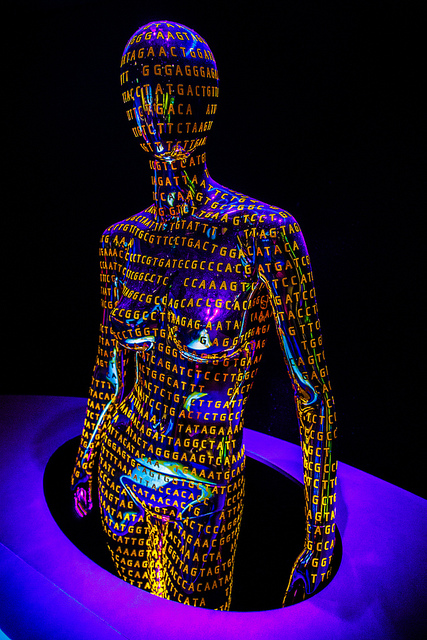5 biggest risks of sharing your DNA with consumer genetic-testing companies
By Eric Rosenbaum,
CNBC [Cites CGS' Marcy Darnovsky]
| 06. 16. 2018
The business of personal genetic-testing kits is booming, with consumers able to learn about their ancestry and health risks at the cost of just $99 to a few hundred dollars. Should you be afraid?
Some individuals worry they will discover things about their DNA that will be frightening — namely, the risks they run of contracting various diseases — and not know how to move forward with the information. Professional scientific skeptics contend the information may not even be as accurate as claimed, and lead people to make questionable health decisions. But there's another type of risk that consumers aren't focusing on as much, and it's a big one: privacy. There is nothing more private than your personal genetic information, and sending away for a personal genome kit means sharing your DNA with the testing companies. What do they do with it, beyond providing consumers with genetic and health assessments?
More than 80 percent of 23andMe customers agree to let the company share their DNA with research partners.
That's a question consumers need to weigh as they consider genome testing...
Related Articles
By Arthur Lazarus, MedPage Today | 01.23.2026
A growing body of contemporary research and reporting exposes how old ideas can find new life when repurposed within modern systems of medicine, technology, and public policy. Over the last decade, several trends have converged:
- The rise of polygenic scoring...
By Stephanie Pappas, LiveScience | 01.15.2026
Genetic variants believed to cause blindness in nearly everyone who carries them actually lead to vision loss less than 30% of the time, new research finds.
The study challenges the concept of Mendelian diseases, or diseases and disorders attributed to...
By David Cox, Wired | 01.05.2026
As he addressed an audience of virologists from China, Australia, and Singapore at October’s Pandemic Research Alliance Symposium, Wei Zhao introduced an eye-catching idea.
The gene-editing technology Crispr is best known for delivering groundbreaking new therapies for rare diseases, tweaking...
By Josie Ensor, The Times | 12.09.2025
A fertility start-up that promises to screen embryos to give would-be parents their “best baby” has come under fire for a “misuse of science”.
Nucleus Genomics describes its mission as “IVF for genetic optimisation”, offering advanced embryo testing that allows...




